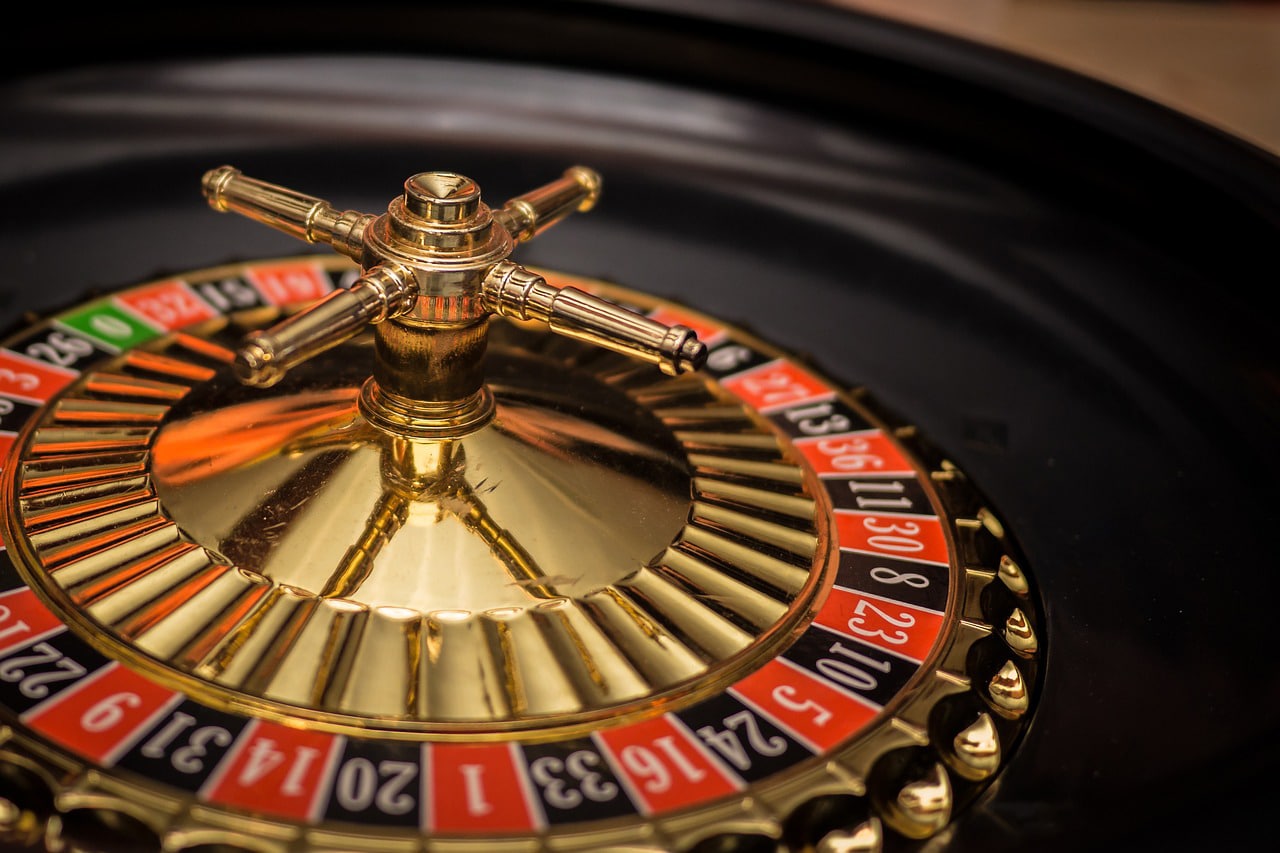3 minute read
Roulette is probably the most iconic gambling game of them all. The beautifully polished wooden wheel alongside the table covered with its green cloth where you place your wagers is like nothing else you’ll see in a US casino. Roulette is also stunning in its simplicity. Unlike blackjack or poker, success or failure is purely based on luck. No amount of experience or practice will improve your chances of guessing where the ball will stop.
What’s more, whether you place a straight up on red seven, an outside bet on black or any other bet, the house edge is exactly the same. In other words, it doesn’t matter how you bet at roulette, you can’t affect the probability of winning. That hasn’t stopped people from coming up with all sorts of weird and wonderful strategies.
The only true roulette strategies
Before we have some fun with those, it’s worth mentioning the two genuine roulette strategies worth following. It all comes down to what you play and where you play it. First, only use the best online casino sites for real money US casino players to ensure your money and personal data are in trustworthy hands. Second, always play European roulette, with just a single zero, not American roulette where there is also a double zero pocket.
Follow those rules and you can place bets however you please – you could even follow one of these outlandish strategies.
The James Bond strategy
If you’ve watched many Bond movies, you will know that he prefers to play card games like baccarat, blackjack or poker. It’s obvious to see why when you dig into the James Bond roulette strategy, devised by Bond creator Ian Fleming. It involves staking 20 coins every bet, with 14 on “high” (19-36), 5 on 13-18 and 1 on zero. It looks good because by covering two thirds of the numbers, you win two out of every three games on average. The losses still cancel out the wins by the margin of the house edge in the long run, though.
Against the grain
The James Bond strategy at least has some style to it. Our next strategy is uglier because it is built on a fallacy. It essentially states that you should bet against the previous spin. Taking even money bets as an example, it means betting red after black or even after odd. The fallacy is that one spin somehow influences the next. The wheel doesn’t know or care what has come before, and even if there have been 10 reds in succession, the chances of the eleventh spin resulting in red or black are still equal.
Fibonacci betting
There’s nothing like trying to blind an unwitting gambler with science. Fibonacci numbers are a natural progression starting 1,1 in which the next number is the sum of the previous two. They appear all over the place in science, from DNA strands to the formation of galaxies. Some gamblers believe their cosmic power can be used at the roulette wheel. The theory is to increase the wager amount by one Fibonacci number when you win and go down by two when you lose. Like any progression strategy, it looks convincing at first glance but does not bear up to scrutiny. All you are doing is changing the bet amounts, and that makes no difference to the house edge.





